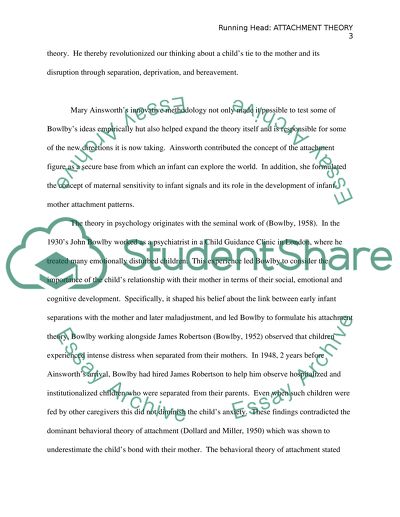Are you scouring the internet for 'attachment reciprocal essay'? You will find all the information on this section.
Table of contents
- Attachment reciprocal essay in 2021
- Interactional synchrony psychology
- Interactional synchrony example
- Reciprocity psychology attachment
- Reciprocal attachment
- Schaffer and emerson stages of attachment
- Attachment psychology a level
- Simply psychology attachment
Attachment reciprocal essay in 2021
 This image illustrates attachment reciprocal essay.
This image illustrates attachment reciprocal essay.
Interactional synchrony psychology
 This image shows Interactional synchrony psychology.
This image shows Interactional synchrony psychology.
Interactional synchrony example
 This picture representes Interactional synchrony example.
This picture representes Interactional synchrony example.
Reciprocity psychology attachment
 This picture shows Reciprocity psychology attachment.
This picture shows Reciprocity psychology attachment.
Reciprocal attachment
 This picture shows Reciprocal attachment.
This picture shows Reciprocal attachment.
Schaffer and emerson stages of attachment
 This picture representes Schaffer and emerson stages of attachment.
This picture representes Schaffer and emerson stages of attachment.
Attachment psychology a level
 This picture demonstrates Attachment psychology a level.
This picture demonstrates Attachment psychology a level.
Simply psychology attachment
 This picture illustrates Simply psychology attachment.
This picture illustrates Simply psychology attachment.
Why are fathers unable to form close attachment?
Such psychologists point to biological evidence which suggests that the hormone oestrogen underlies caring behaviour in women and the lack of oestrogen in men is why they are unable to form a close attachment. Other researchers argue that fathers do not take on a caregiver role and, in fact, provide a different role, as a playmate.
How does reciprocity relate to care of infants?
(16 marks) Interactions between caregivers and infants provide an insight into the type and nature of attachment. Reciprocity is when an infant responds to the actions of another by turn taking. The actions of the primary caregiver elicit a response from the infant.
What is Aqa topic essay for attachment page 5?
AQA A LEVEL Psychology topic ESSAYS: ATTACHMENTPage 5 displayed a secure father–infant attachment, whereas males with lower levels of marital intimacy displayed insecure father–infant attachments.
What are the different theories of attachment theory?
Attachment theory draws insight from different theories such as ethology, systems theory, evolutionary theory and psychodynamic perspectives of developmental psychology (Howe, 2000).
Last Update: Oct 2021